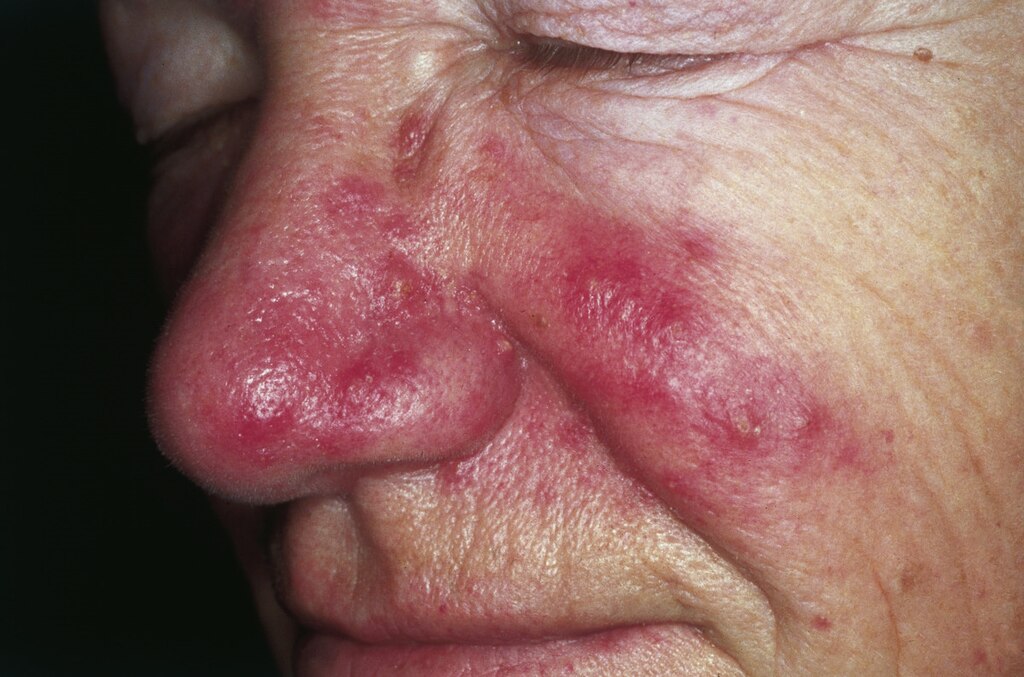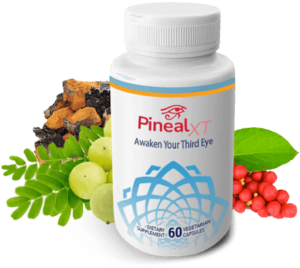Introduction:
Are you struggling with persistent facial redness, sensitive skin, or acne-like breakouts? You might be among the millions experiencing Rosacea, a chronic skin disorder that often goes undiagnosed. In this comprehensive guide, we delve into the world of Rosacea, offering insights into its causes, symptoms, and the most effective treatment strategies. Whether you’re seeking relief from flare-ups or aiming for long-term skin health, our expert tips will guide you on your journey to healthier skin.
What is Rosacea?
Rosacea is a chronic skin condition primarily affecting the face, characterized by redness, pimples, swelling, and visible blood vessels. Often mistaken for acne or other skin allergies, Rosacea varies widely in severity and symptoms from person to person. Understanding Rosacea is the first step toward effective management.
Causes and Triggers:
The exact cause of Rosacea remains a mystery, but it’s believed to be a combination of hereditary and environmental factors. Common triggers include:
- Sun exposure
- Stress
- Hot weather
- Wind
- Heavy exercise
- Alcohol consumption
- Spicy foods
- Certain skincare products
Identifying and avoiding your triggers is crucial in managing Rosacea.
Symptoms to Watch For:
Rosacea symptoms can range from mild to severe, including:
- Frequent flushing or blushing
- Persistent redness
- Bumps and pimples
- Visible thin red lines due to enlarged blood vessels
- Thickening skin, especially around the nose
- Eye irritation in ocular Rosacea
Diagnosis and Treatment:
Diagnosing Rosacea involves a thorough examination by a dermatologist. While there’s no cure, treatments are available to control symptoms. These include:
- Topical creams and gels to reduce redness and inflammation
- Oral antibiotics for more severe cases
- Laser therapy for blood vessel removal
- Lifestyle modifications to avoid triggers
Lifestyle Tips for Managing Rosacea:
Living with Rosacea also means making lifestyle adjustments. Here are some tips:
- Use gentle skincare products
- Always apply a broad-spectrum sunscreen
- Avoid extreme temperatures
- Manage stress through relaxation techniques
- Monitor your diet to identify and avoid food triggers
The Link Between Rosacea and Overall Health:
Rosacea isn’t just a skin issue; it’s often associated with other health conditions like cardiovascular disease and diabetes. Managing Rosacea effectively can contribute to your overall health and well-being.
Conclusion:
Rosacea may be a chronic condition, but with the right knowledge and care, you can manage its symptoms and lead a healthy, active life. Remember, every skin is unique, so it’s important to consult with a dermatologist to tailor a treatment plan that suits your specific needs.
Medical Advice Disclaimer:
Please note that the content provided on this website, including articles, blog posts, and all other information, is for general informational purposes only. It is not intended to be and should not be interpreted as medical advice or a diagnosis of any health or fitness problem, condition, or disease; nor a recommendation for a specific test, doctor, care provider, procedure, treatment plan, product, or course of action.
Always seek the advice of your physician or other qualified health professional before starting any new treatment or making any changes to existing treatment. Do not delay seeking or disregard medical advice based on information on this site. No information contained on this site is intended to be used for medical diagnosis or treatment. The information and services provided through this site are not a substitute for professional medical advice and should not be used to diagnose or treat a health problem or disease. Any information and advice published or made available through this website are not intended to replace the services of a physician, nor does it constitute a doctor-patient relationship.
Information on this site is provided “as is” without any warranty of any kind, either express or implied. Your use of this site is at your own risk. The content is provided on an “as is” basis.




